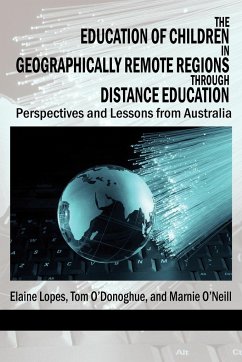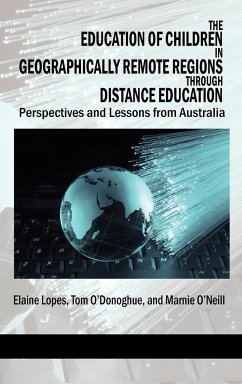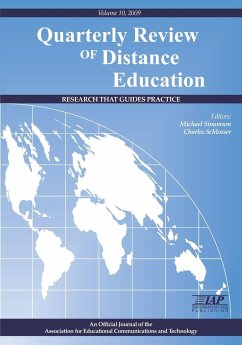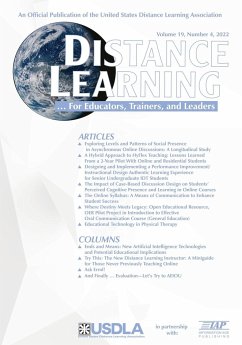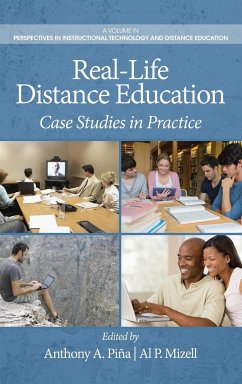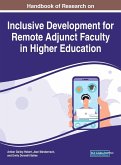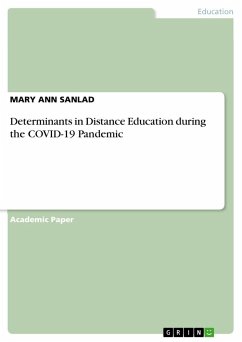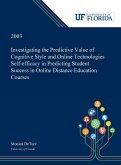Australia is a vast sparsely populated land and from an early date this created problems in terms of providing educational facilities. As part of the solution the nation has had a long tradition of using distance education methods to provide an education for its isolated primary and secondary school students. Western Australia epitomises the problems inherent in having a large land area with a highly urbanised population and a small but scattered rural one. Initially, the State established a Correspondence School in 1918. There have been various developments since then, culminating in the establishment of the Schools of Isolated and Distance Education (SIDE) in 1995. Since then the staff at SIDE have investigated and developed ways of providing their students with innovative educational materials in an effort to ensure that the best possible services are provided. Despite its innovative nature, very little research has been conducted on SIDE. The research project reported in this book is one contribution to rectifying the deficit. It had three main aims. The first was to develop an understanding of the emergence of SIDE. Secondly, an understanding of the key functions of SIDE was sought. The third aim was to develop an understanding of the issues which present themselves for those working at SIDE.. Implications for policy, practice and future research in relation to the education of children in geographically remote regions through distance education are deduced, and not just in relation to the state of Western Australia, but internationally.

